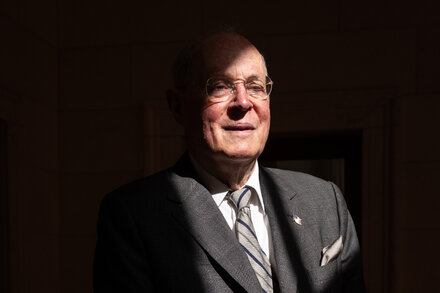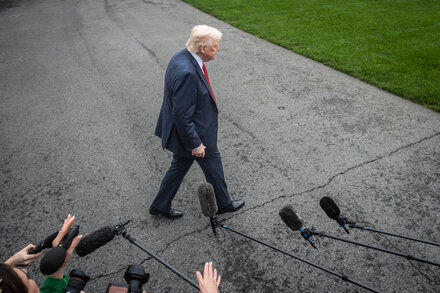Former Supreme Court Justice Anthony M. Kennedy, who retired in 2018, continues to offer his perspectives on constitutional law and the judiciary. His post-retirement remarks demonstrate an enduring influence off the bench, echoing themes from his three decades on the Court.

WASHINGTON D.C. – Former Supreme Court Justice Anthony M. Kennedy, who retired from the nation’s highest court in 2018, continues to offer his perspectives on constitutional law, the judiciary, and the future of American governance, demonstrating an enduring influence off the bench. In recent public remarks and an upcoming interview discussing his reflections, Kennedy has articulated nuanced views that resonate with his jurisprudence during his three decades on the Court.
Known for often being the swing vote in landmark decisions, particularly in cases involving individual liberties and the separation of powers, Justice Kennedy’s retirement marked a significant shift in the Court’s ideological balance. However, his recent “opinions”—delivered not from the bench but through thoughtful discourse—underscore his continued engagement with the very principles he spent his career interpreting.
Reflections on Constitutional Principles
In a recent extended interview, Justice Kennedy reportedly delved into themes of judicial independence, the evolving understanding of liberty, and the critical role of an informed citizenry. While refraining from commenting directly on specific current cases, his remarks offered broad philosophical insights into constitutional interpretation.
“The Constitution is not merely a set of rules; it is a framework for human dignity and aspirations,” Kennedy is quoted as saying. “It requires constant vigilance and an understanding that liberty, while enduring, is often found in the evolving understanding of our common humanity. The judiciary’s role is to protect that, not to impose its own will, but to ensure that the principles of justice and freedom are maintained for all.”
His commentary touched upon the importance of civility in public discourse and the necessity for thoughtful deliberation in a democratic society, themes he frequently emphasized during his time on the Court. He reportedly expressed concern over the erosion of trust in institutions and the challenges facing an independent judiciary in an increasingly polarized environment.
Legacy and Continued Influence
Since leaving the Court, Justice Kennedy has remained active, including lecturing and participating in legal academic programs. His continued willingness to share his insights is seen by many legal observers as a significant contribution to ongoing debates about the judiciary’s role and the interpretation of foundational legal texts.
Legal scholars suggest that Kennedy’s post-retirement statements provide valuable context to his extensive body of work on the Court, offering a unique perspective from a justice who shaped American law on issues ranging from gay rights to campaign finance and due process. His continuing “opinions,” though advisory, carry the weight of a distinguished career dedicated to constitutional law.
As the legal landscape continues to evolve, Justice Kennedy’s thoughtful reflections serve as a reminder of the enduring questions at the heart of the American legal system and the continuous effort required to uphold its foundational principles.
Source: Read the original article here.





